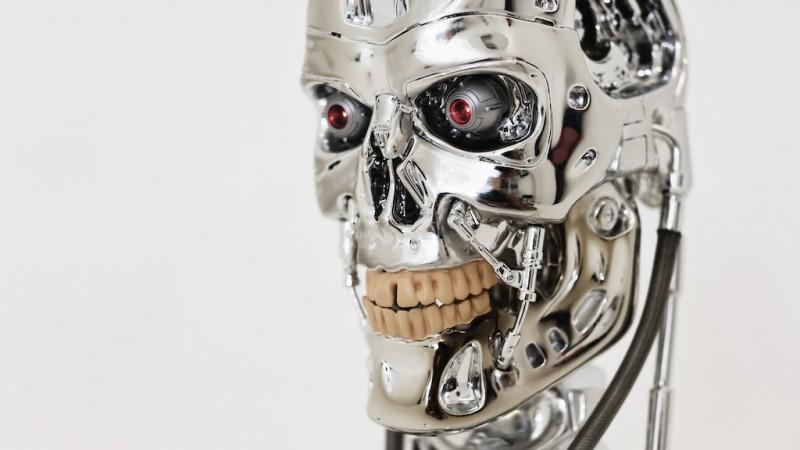Over 50 of the top artificial intelligence (AI) researchers have threatened to boycott KAIST, a South Korean University, if it does not stop assisting its government's plans to build automated weapons. It is a show of solidarity from the scientific community that is now fighting for more stringent controls over AI-based weapons of war.
This comes just a week ahead of a United Nations (UN) meet to discuss regulations to govern what is known as "killer robots", according to a report by the Verge. Organized by Professor Toby Walsh from the University of New South Wales, he believes that the development of autonomous weapons has already started.
"We can see prototypes of autonomous weapons under development today by many nations including the US, China, Russia, and the UK," said Walsh. "We are locked into an arms race that no one wants to happen. KAIST's actions will only accelerate this arms race. We cannot tolerate this."
The announced boycott will see several of the world's leading AI researchers and academics in the field cut off all collaboration and contact with KAIST till the university makes sure that all the weapons it helps develop will continue to have, what the community is calling, "meaningful human control". This boycott is being backed by some of AI's leading scientists including Geoffrey Hinton, Yoshua Bengio, and Jürgen Schmidhuber.
Researchers decided to go ahead with the boycott after KAIST made an announcement in February this year that they will be joining South Korean defense contractor Hanwha Systems, whose goal, according to a release made in the Korean Times, is to "develop artificial intelligence (AI) technologies to be applied to military weapons" that would "search for and eliminate targets without human control," reports the Verge.
However, the president of KAIST has responded saying that he was saddened by the boycott. "As an academic institution, we value human rights and ethical standards to a very high degree. KAIST will not conduct any research activities counter to human dignity, including autonomous weapons lacking meaningful human control," he said.
KAIST is an important AI research center in the field and the report mentions it as one of the world's leading robotics organization. They won the DARPA robotics challenge in 2015. Hanwha Systems, on the other hand, already has a few autonomous sentry guns which they use to patrol the North- South Korea border.

In spite of boycotts such as this one and other push backs from academia, and the tech industry, the report does mention that experts do believe that such a campaign to control development of autonomous weapons is simply futile.

















